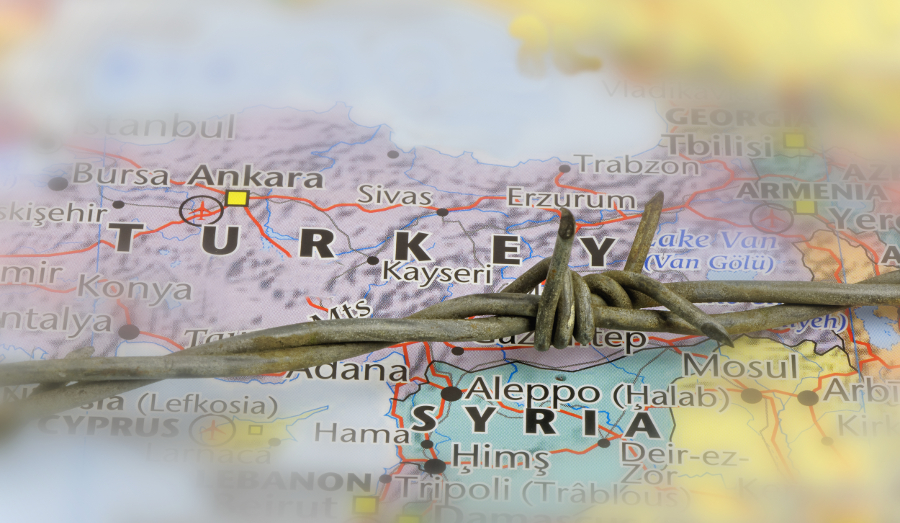For the many years that the US and Western powers have been involved in fighting in Syria, Turkey has played an important role as a partner. Close communication and cooperation has kept Turkish troops operating in their own spheres, minimizing the chances of potential fratricide between Turkish and American forces. But now that US-Turkish relations have become chilled in the aftermath of Turkey’s decision to purchase S-400 missiles from Russia, might that cooperation come to an end?
Turkey’s determination not to let the US tell it what to do is just as strong when it comes to its policy in Syria as when it comes to missiles. Turkey’s overriding concern with Syria, and indeed with any military intervention in the Middle East, is in preventing the emergence of a Kurdish state. For years Turkey has fought against the Kurdistan Workers’ Party (PKK), which Turkey and many other countries consider a terrorist organization.
Turkey’s fight against the PKK has lasted decades, and the Turkish government has taken advantage of US involvement in Iraq and Syria to make its own inroads against Kurdish separatists. That’s troublesome because the Kurds have often been the United States’ best allies in the fights against Saddam Hussein, Al Qaeda, ISIS, etc. If the US were forced to choose between the Kurds and the Turks, which would it choose?
That may end up becoming more than just a rhetorical question in the coming years, as Turkey’s decision to do its own thing in Syria could end up putting US forces in harm’s way. Any US troops fighting alongside, embedded with, or advising Kurdish forces could see themselves becoming targets of Turkish forces in the event that Turkey decides to buck the US’ will and go on the offensive against the Kurds.
One would have to think that US troops dying at the hands of their Turkish “allies” wouldn’t be very popular in Washington, and would lead to a harsh response from the US government. But the risk of a conflict between US and Turkish forces is rising all the time, as Turkey shows no signs of backing down. Let’s hope that things don’t reach that point, but we need to be prepared in case they do.
This article was originally posted on Red Tea News.





